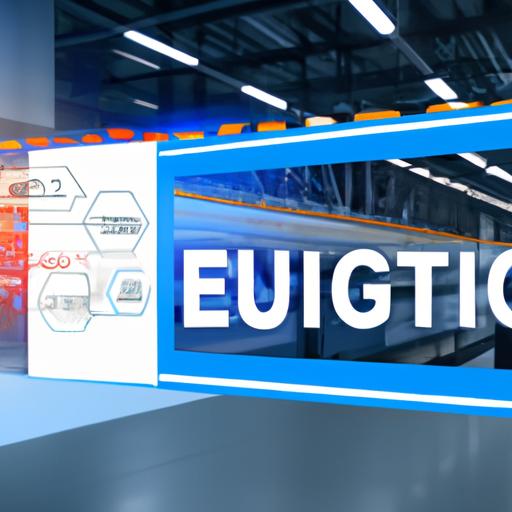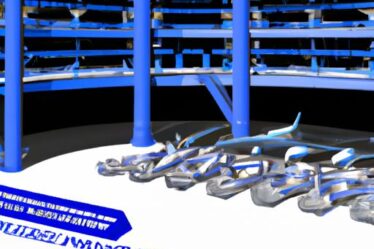
Introduction
In today’s fast-paced world of logistics, efficiency is key. This is where erp software for logistics comes into play, offering a comprehensive solution to streamline operations and optimize supply chain management. But what exactly is ERP software for logistics?
Definition of ERP Software for Logistics
ERP, short for Enterprise Resource Planning, is a software solution designed to integrate and manage various aspects of a business, from planning and procurement to inventory management and customer service. Specifically tailored for the logistics industry, ERP software for logistics focuses on enhancing the efficiency and effectiveness of supply chain operations.
Importance of Using ERP Software in the Logistics Industry
In the logistics industry, where timeliness and accuracy are crucial, utilizing ERP software can make a significant impact. By providing real-time visibility into inventory levels, tracking shipments, and optimizing routes, ERP software empowers logistics companies to make informed decisions and deliver superior customer service. Stay tuned as we delve deeper into the benefits, features, and factors to consider when choosing ERP software for logistics.
Benefits of ERP Software for Logistics
Streamlining Operations
Streamlining operations is a key advantage of implementing ERP software in logistics. By centralizing data and automating processes, ERP software enables logistics companies to eliminate manual tasks, reduce errors, and improve overall efficiency. From order processing to tracking shipments, every aspect of operations can be optimized for maximum productivity.
Improving Inventory Management
Effective inventory management is essential for logistics companies to meet customer demands while minimizing costs. ERP software for logistics provides real-time visibility into inventory levels, allowing companies to track stock levels, forecast demand, and prevent stockouts or overstock situations. With accurate data at their fingertips, logistics companies can make informed decisions to optimize inventory levels and reduce carrying costs.
Enhancing Supply Chain Visibility
Supply chain visibility is crucial for logistics companies to track the movement of goods from suppliers to customers. ERP software offers end-to-end visibility into the supply chain, enabling companies to monitor shipments, track delivery times, and identify potential bottlenecks or delays. With enhanced supply chain visibility, logistics companies can proactively address issues, improve customer satisfaction, and boost overall operational efficiency.
Key Features of ERP Software for Logistics
Warehouse Management
Efficient warehouse management is essential for logistics operations. ERP software for logistics offers advanced features to optimize warehouse processes, such as inventory tracking, storage location management, and automated picking and packing. By centralizing warehouse data and providing real-time updates, ERP software enhances inventory accuracy and reduces errors in fulfillment processes.
Transportation Management
Transportation management is a critical component of logistics, and ERP software plays a crucial role in optimizing transportation operations. From route planning and load optimization to carrier selection and freight cost management, ERP software streamlines transportation processes to ensure timely deliveries and cost efficiency. With real-time tracking capabilities, logistics companies can monitor shipments and proactively address any delays or issues that may arise.
Order Tracking
Visibility into order status and tracking is essential for logistics companies to meet customer expectations and ensure on-time deliveries. ERP software for logistics offers robust order tracking features, allowing businesses to monitor orders from placement to delivery. By providing real-time updates on order status, logistics companies can proactively communicate with customers and address any potential issues, enhancing customer satisfaction and loyalty.


